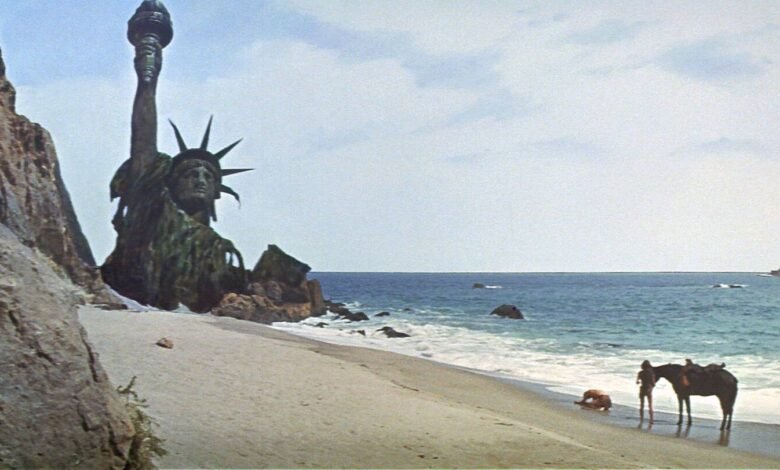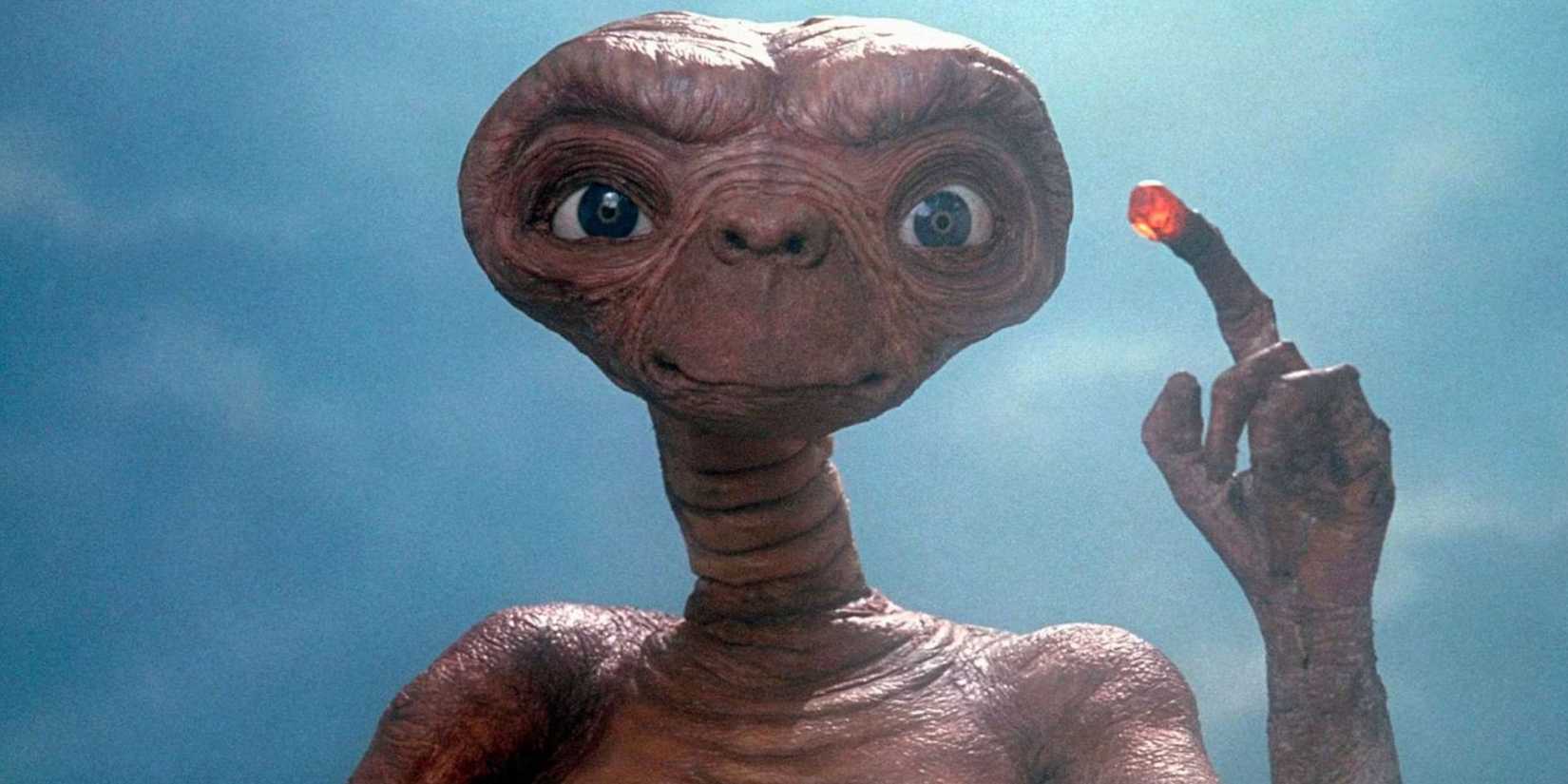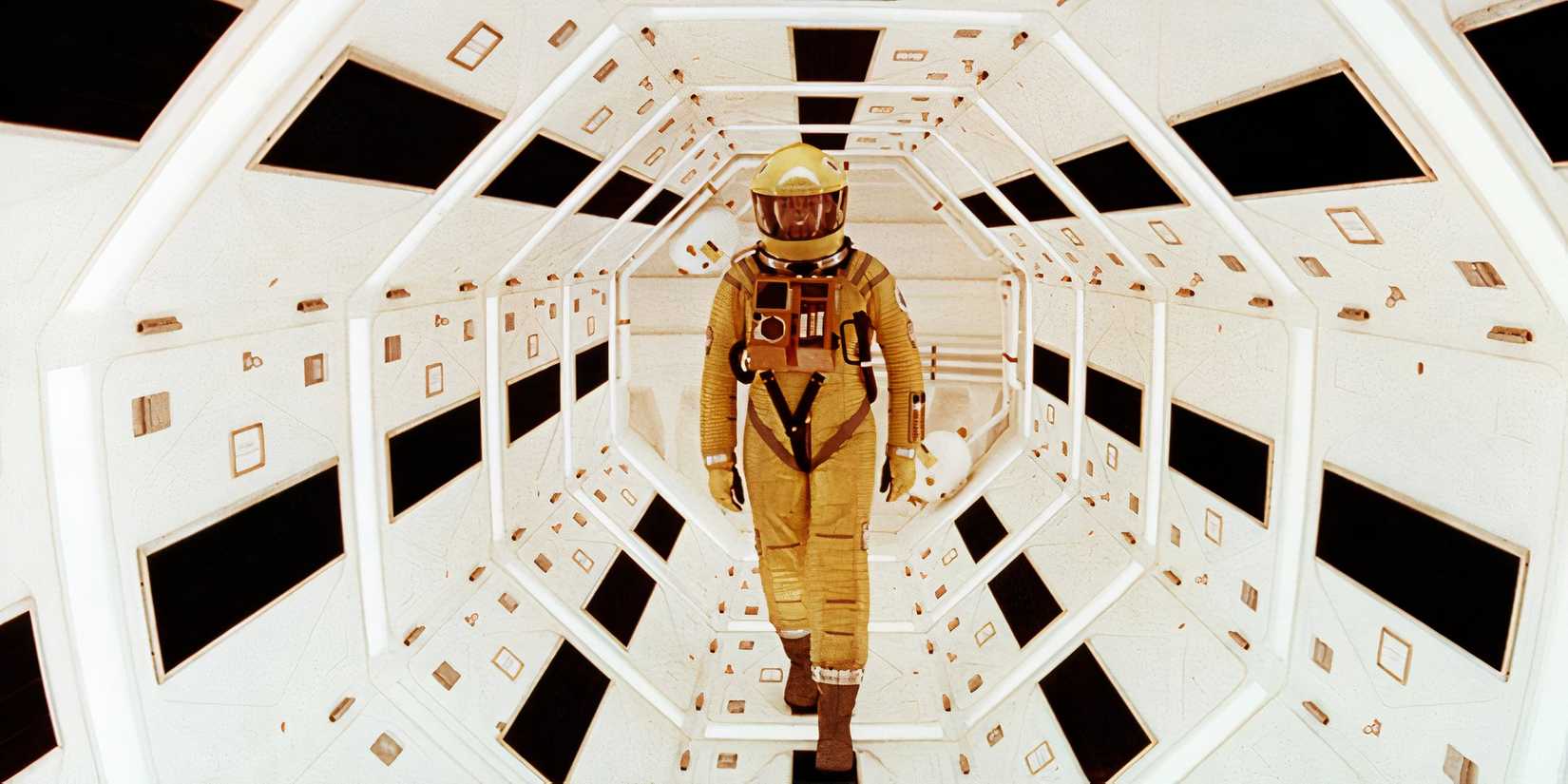10 Sci-Fi Movies With The Best Endings

A great ending can make or break a science fiction film, and some classic sci-fi movies have the hardest-hitting finales in cinema history. Since motion pictures began, science fiction has always been a genre that has allowed filmmakers to stretch their imaginations with new ideas. Advancements in film technology have turned sci-fi into a bona fide spectacle.
Underneath all the speculative ideas and eye-catching effects, science fiction is ultimately reliant on good stories. Crafting compelling characters and telling strong narratives is paramount, and that continues right up until the credits roll. An ending must solidify the movie’s themes, while sometimes offering shocks, surprises, and even a few tears.
The best sci-fi movie final scenes of all time live up to that ideal, and many have even become integral parts of popular culture. Because science fiction is so diverse, so too are the myriad of memorable endings that hit the hardest. Capping off films that were already classics, the endings helped propel them into film history.
Annihilation (2018)
Alex Garland’s pensive sci-fi opus, Annihilation, combined many of the best aspects of the genre in the 21st century. On the surface, it’s about scientists investigating a mysterious quarantined zone caused by aliens, but the movie is also about deeper issues within the entire human race. The movie’s doppelgänger ending left some scratching their heads.
When one views The Shimmer as a metaphor, the ending of Annihilation can be seen as a pessimistic finale. It continues to spread through duplicates of people, which fulfills the movie’s message about grief and self-destruction. A good twist is difficult to pull off, and Annihilation hits so hard because it is shocking despite seeming so simple on the surface.
The Mist (2007)
The ending of The Mist diverges a lot from the original Stephen King story, but the change gives it more emotional weight. King’s cosmic sci-fi horror story reflects a lot of the genre’s clichés, but it’s the wonderful character work that elevates the story. The film version also happens to have one of the most dour endings of all time.
The futility of David’s choices makes everything all the more heart-wrenching, and it’s a cosmic joke on the audience that works quite effectively. The original story had an inconclusive finale, but Frank Darabont’s adaptation opted for a conclusion that leaves no doubt about the character and his fate. The surprise comes from how unbelievably dark it is.
On The Beach (1959)
Movies from Hollywood’s Golden Age were noticeably chipper, but On the Beach didn’t fit in with its contemporaries. Set in the aftermath of a nuclear war, the stunning interpersonal drama is about the final days of a handful of survivors in Australia. Every moment in the film is harrowing and bleak, and it continues right up to the depressing finale.
The ending of On the Beach offers no twists or surprises, and that’s why it works so well. There is no light at the end of the tunnel, and the heroes don’t make a miraculous recovery. Instead, the film’s final moments speak directly to the audience, warning them to avoid the fate of the characters in the story.
Invasion Of The Body Snatchers (1978)
Remaking a classic 1950s sci-fi film was tricky, but Invasion of the Body Snatchers brought the story into the (then) modern day. Like its predecessor, the film uses its story of alien duplication as a metaphor for the loss of individuality in society. However, the remake added elements of urban paranoia which were paid off in the ending.
What the movie does so effectively is change perspectives, and for the first time, the audience follows a character besides Donald Sutherland’s Matthew. This allows for a horrifying twist, and an image that is forever burned into the annals of pop culture history. Most importantly, the twist actually fulfills the movie’s themes, instead of just tossing in an additional scare.
Besides being one of the best family films ever made, Steven Spielberg’s E.T. the Extra-Terrestrial is also an exemplary piece of ’80s sci-fi. Filtered through the imagination of a young boy, E.T.’s journey back home is really about growing up and learning valuable lessons along the way. Its ending is an all-time tear-jerker, but it means so much more.
Elliott learns he must let E.T. go, even though it’s heartbreaking. Since the whole film is about E.T.’s desire to get home, the ending isn’t a surprise, but a culmination of the adventure. The lovable little alien brought the fractured family back together, and a touch of sadness is just what the movie needed along with its triumphant conclusion.
Eternal Sunshine Of The Spotless Mind (2004)
Michel Gondry was the perfect director to interpret Charlie Kaufman’s odd-ball screenplay, and Eternal Sunshine of the Spotlight Mind was one of the best films of the 2000s. The breakout dramatic movie for Jim Carrey involves a medical procedure which allows someone to erase their own memories. Underneath its sci-fi concept is a stunningly modern love story.
After nearly two hours of surreal adventure, the low-key ending scene reaffirms the themes that drive the story. Joel and Clementine chose one another, despite the fact that they know their relationship is doomed. Not only is it achingly romantic, but it pushes the movie’s message that all memories are worth keeping, even if they are painful.
The Thing (1982)
It took a while for John Carpenter’s The Thing to be accepted as a classic, but now the legendary horror film is beloved. Sticking closer to John W. Campbell’s original story, the 1982 version of The Thing replaced a rubber alien monster with stomach-churning special effects. After being scared senseless, the audience is then treated to an apocalyptic ending.
Two heroes emerge from their battle with the alien menace, but the movie leaves a lot to the imagination about what happens next. The ending of The Thing is effective because it is downbeat without being too overt. Carpenter would return to those themes in Prince of Darkness and In the Mouth of Madness, but not as effectively.
Arrival (2016)
2016’s Arrival is all about communication, and it effectively communicates its themes to the audience without losing any of its sci-fi charm. The world is on the brink after alien crafts land, and it’s up to a linguist to save the day. The ending succinctly wraps up the conflict, but it provides a lot of depth to the overall story.
The ending of Arrival could have been confusing, but it remained clear. Banks not only solved the problem, but she transcended time itself, which granted her wisdom. She chose to stay the course of her life, knowing hardships would come. Great sci-fi endings must be applicable to real life, and there’s a lot to unpack from Arrival‘s finale.
Planet Of The Apes (1968)
A good twist ending can live on forever, and the finale of Planet of the Apes is as well-known as the movie itself. The absurdist sci-fi classic is set on a world where intelligent apes rule over humans, and it’s a thinly-veiled political metaphor. After one exciting ending, viewers are then treated to the shock of a lifetime.
The brilliance of the ending of Planet of the Apes is that it’s a visual surprise that allows the audience to slowly realize the implications of the reveal. The destroyed Statue of Liberty is an iconic image, and Charlton Heston’s over-the-top performance sells every second. Some twists make subsequent rewatches boring, but not Planet of the Apes.
2001: A Space Odyssey (1968)
Stanley Kubrick’s 2001: A Space Odyssey is so much more than a nuts and bolts sci-fi film, and it helped to elevate the genre. Set across millions of years, the film charts the history of alien monoliths and their impact on human evolution. With such a surreal premise, it only makes sense that the ending would be just as mind-boggling.
The ending of 2001: A Space Odyssey has been the subject of debate for over 50 years, but it likely represents humanity’s next leap in evolution. It is a cacophony of colors and dream-like images, and ends in a striking visual that sums up the whole movie. Like all great science fiction endings, 2001 must be seen to be believed.














